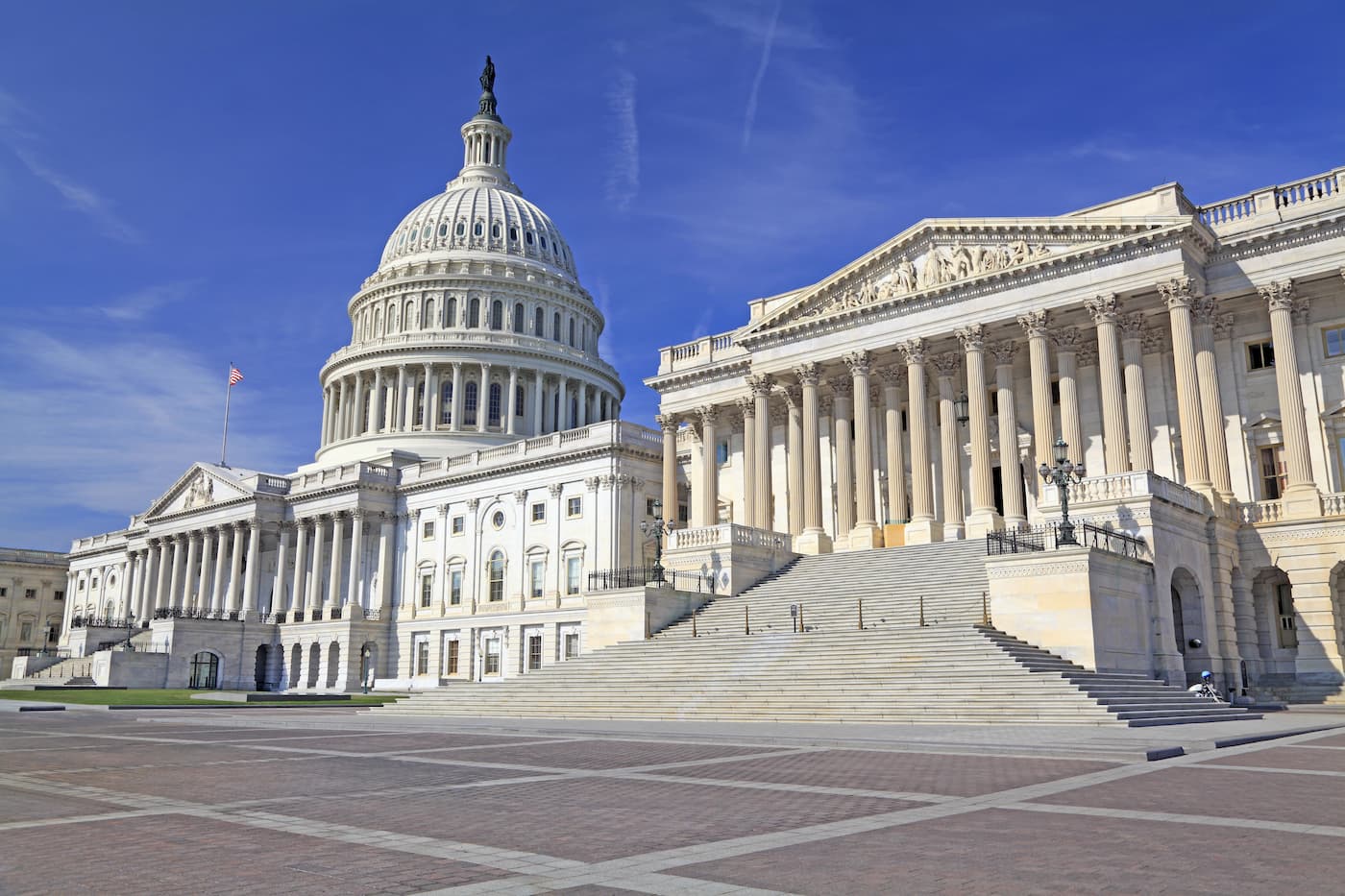What the Inflation Reduction Act means for small business
Editorial Team
5 min read
On August 16th, 2022, President Joe Biden signed the Inflation Reduction Act — a sweeping bill aimed at reducing inflation and tackling climate change. The bill is packed with funding, provisions, changes to the tax code, and complex incentive structures that, over time, could affect pretty much everyone.
But, what does it mean for small businesses specifically? Since the Inflation Reduction Act doesn’t have a “small business” section, figuring out its impact on the business community can be complicated. Here, we’ll focus in on the bill’s three key areas — Taxes, Health Care, and Climate — and which parts you as an entrepreneur might feel affected by the most.
1. Taxes
One of the key priorities of the Inflation Reduction Act is, naturally, reducing inflation. According to experts, the bill will largely accomplish this by making some tactful changes to the tax code. “The Inflation Reduction Act will put downward pressure on inflation – strengthening balance sheets for small businesses and their consumers,” SBA Administrator Isabella Guzman told USA TODAY.
The bill adds a 15% minimum tax on corporations with over $1 billion in revenue. Essentially, this intends to level the playing field between small businesses and the giant corporations they compete with. Amazon, for example, recorded $35.1 billion in profits in 2021 while paying only 6.1% taxes. The average federal tax rate for small businesses of all types is 19.8%, according to the U.S. Chamber of Commerce.
The Inflation Reduction Act also adds $80 billion for additional IRS enforcement. That’s a small fraction of the money allocated in the bill, but it could have a big impact at the IRS. It would essentially help the historically underfunded and understaffed agency get back up to speed so they can more effectively go after tax cheats. Some have feared that this funding would create an army of IRS agents to go after small businesses and working families.
According to the Treasury Department, though, the enforcement would be aimed exclusively at wealthy Americans and large corporations. “For regular taxpayers, for small businesses, for low-income taxpayers, the only shift that they are going to realize is there is going to be an IRS employee that can answer the phone when they call,” Natasha Sarin, a counselor for tax policy and implementation at the Treasury Department, told Vox.
2. Health care
Health care affects everyone in subtle or obvious ways. When the American Rescue Plan took effect in 2021, it provided subsidies that helped lower the cost of healthcare plans provided by the Affordable Care Act. According to the SBA, small business owners and their employees disproportionately use ACA plans to get healthcare coverage. The Inflation Reduction Act will extend these subsidies to 2025, ensuring that ACA healthcare plans remain affordable for the people who need them and use them most.
The Inflation Reduction Act will also allow Medicare to negotiate drug prices, a huge change that could give the government the power to lower the cost of prescription drugs over time. More than 131 million people (that’s 66% of adults in the United States) take prescription drugs. If their costs go down, the impact on wallets across America could be massive and would affect small business owners, their employees, and their customers in equal measure.
3. Climate
Finally, the Inflation Reduction Act dedicates over $360 billion to reducing carbon emissions and fighting climate change. It would be the largest single investment ever made by anyone in the climate. The climate section of the bill is large and complex, but the best way to understand it is that, over time, it would build economic incentives that shift Americans away from fossil fuels and toward renewable energy, while creating jobs in the process. If you’re a small business owner who installs solar panels or outfits HVAC systems for example, you may see a spike in demand.
The climate section of the bill also contains tax credits that small business owners can take advantage of. You can get up to $7,500 back from the government for buying a new or used electric vehicle, and there are additional tax credits on electric commercial vehicles up to $40,000. Basically, if you need a car for your business, electric vehicles are about to be a more affordable option. Keep in mind, electric vehicles are a great fit for delivery services that make constant short trips.
The Inflation Reduction Act is a huge piece of legislation that touches several aspects of American life. For business owners, it may present new opportunities for growth, new business prospects to explore, and a more equitable tax landscape between you and large corporations. It could lower the cost of basic healthcare and prescription drugs, and help America tackle the impending threat of climate change. For small business owners, as well as their staff, customer base, and support system, the impact could be substantial.
Other articles you may like
- Small businesses are fighting a two-headed dragon: Inflation and supply chain disruption
- How inflation impacts businesses and ways to overcome it
This information is provided for informational purposes only and should not be construed as legal, financial, or tax advice. Readers should contact their attorneys, financial advisors, or tax professionals to obtain advice with respect to any particular matter.
Related Posts
Full Service Restaurants (FSR)
Average restaurant owner salary in 2023
How small businesses can use employee discounts to retain staff
Popular Topics
Stay in touch
Sign up and learn more about Clover.
Thank you for your subscription!
More posts about starting a small business
eBook





